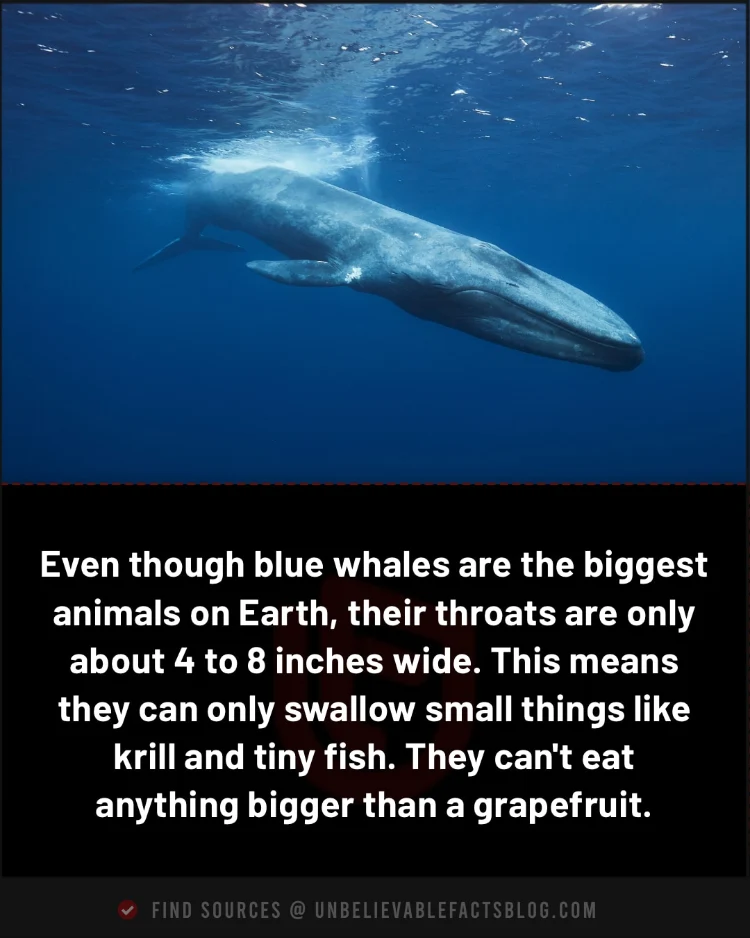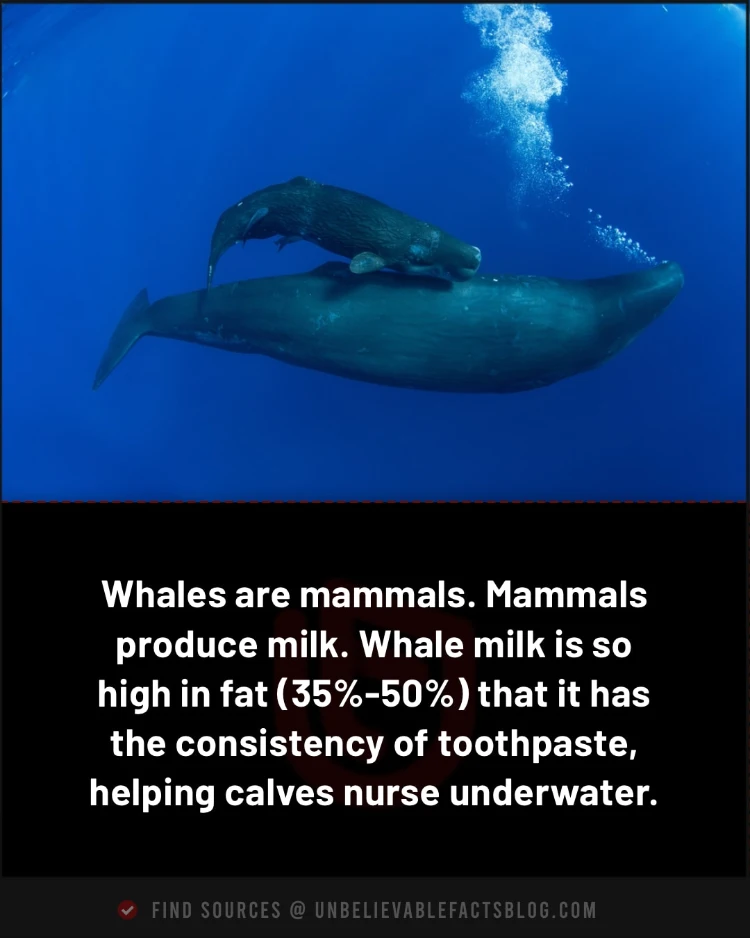100 Weird Animal Facts That’ll Leave You Amazed
Did you know that there are over 8.7 million species of animals on Earth? It would take more than 1,000 years to identify them all. Some of these creatures are so strange that we still aren’t entirely sure how they got here. Others are just plain bizarre. Many animals and birds have weird fascinating facts. Here are some of our favorite strange, bizarre, and weird animal facts.
Table of Contents
74/100
Blue whale’s throat is only 4 inches wide.
Even though blue whales are the biggest animals on Earth, their throats are only about 4 to 8 inches wide. This means they can only swallow small things like krill and tiny fish. They can’t eat anything bigger than a grapefruit.
73/100
Whale milk’s 35%-50% fat content makes it as thick as toothpaste.
Whale milk contains 35% to 50% fat, resulting in a thick, toothpaste-like consistency that prevents it from dissolving in water, facilitating effective nursing for calves.
72/100
Machine learning reveals Egyptian fruit bats argue over various issues.
Researchers at Tel Aviv University used machine learning to analyze 15,000 vocalizations from 22 Egyptian fruit bats, uncovering that these bats communicate specific information, frequently arguing over food, sleeping spots, mating attempts, and proximity.
71/100
Crows remember faces of those who wrong them, passing grudges to their offspring.
Crows can remember human faces and hold grudges for years, passing that knowledge to their young and other crows.




























